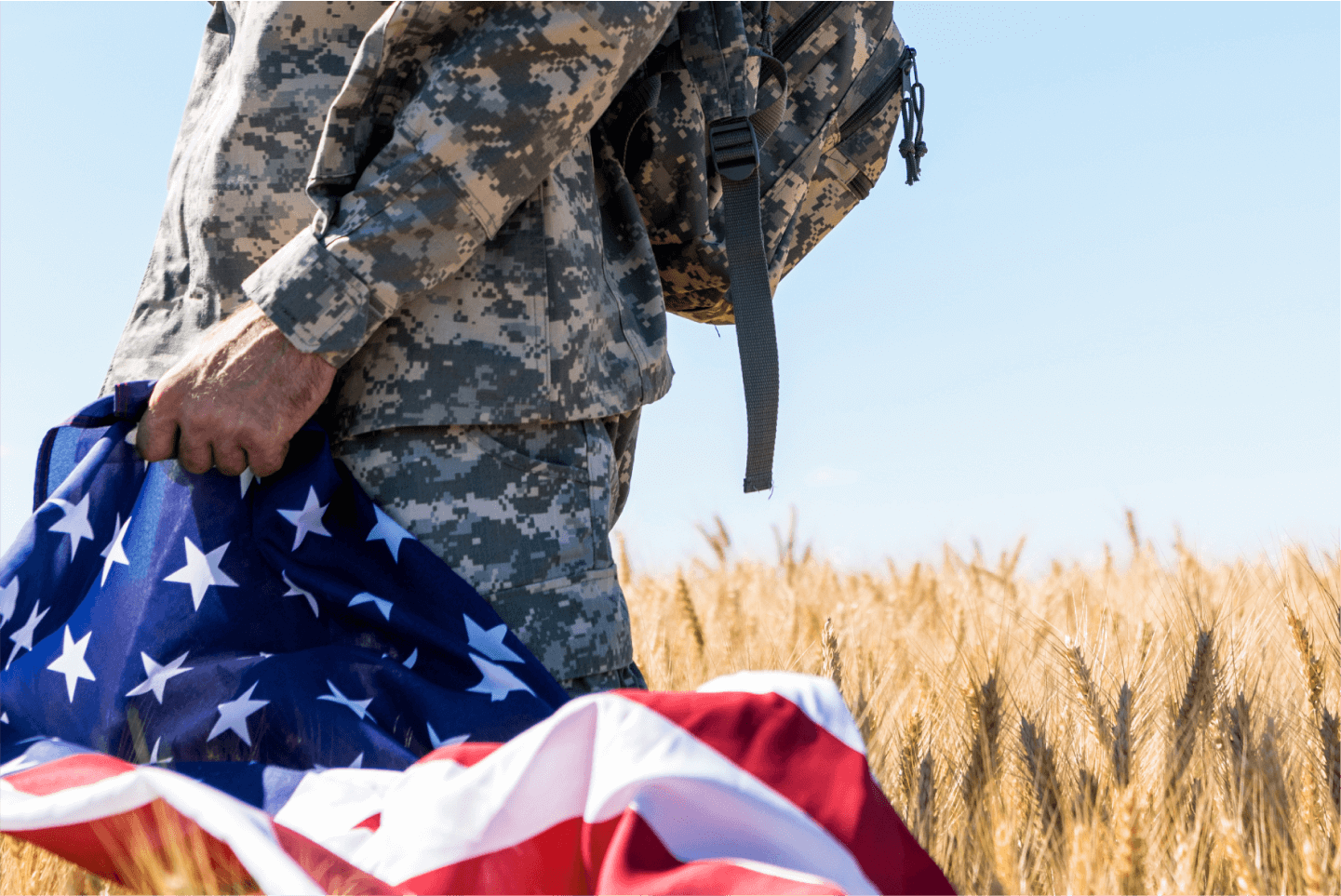Empowering First Responders: Explore Mortgage Options Designed for Your Unique Needs
Ready to tackle homebuying challenges head-on? Discover mortgage options tailor-made for first responders. Say goodbye to stress and hello to your dream home!

Being a first responder is a noble and demanding profession. Whether you’re a firefighter, police officer, or EMT, you dedicate your life to serving others, often putting yourself in harm's way. At the same time, you have unique financial needs, especially when it comes to homeownership. Fortunately, there are mortgage options specifically designed to empower you, making it easier to navigate the journey of buying a home.
First responders often face challenges that can make securing a mortgage seem daunting. The unpredictable nature of your work schedule, the emotional toll of the job, and sometimes limited time for financial planning can complicate the process. But understanding the mortgage landscape can help you find the right path to homeownership. Let's explore the available options that cater to your unique needs and how you can take advantage of them.
One key option available to first responders is the FHA loan. These loans are backed by the Federal Housing Administration and are known for being more accessible to those with lower credit scores or smaller down payments. This can be particularly beneficial for first responders who may not have a lengthy credit history due to the demands of their job. With an FHA loan, you might only need a down payment as low as 3.5%, making it easier to get into a home.
Another popular choice is the VA loan, which is offered to veterans, active-duty service members, and certain members of the National Guard and Reserves. If you’ve served in the military, this option allows for no down payment and no private mortgage insurance (PMI), making it an appealing choice for homebuyers who have served their country. While VA loans are primarily for military personnel, many first responders also have connections to veteran status through family members, so it’s worth exploring this option even if you aren’t directly eligible.
For first responders who may not qualify for FHA or VA loans, conventional loans can still be a solid choice. These loans typically require a higher credit score, but they can offer competitive terms once you're approved. If you have a strong financial background, this could be an excellent way to secure the funds you need to purchase a home.
Another avenue worth considering is specialized programs created for first responders. Many mortgage lenders recognize the sacrifices you make and offer tailored solutions. These programs may include lower interest rates, down payment assistance, or even grants specifically for those in your profession. By working with a mortgage professional who understands your unique challenges and needs, you can uncover options that may not be widely advertised.
Understanding the documentation you’ll need when applying for a mortgage is also crucial. First responders typically have different forms of income and employment verification compared to traditional jobs. Be prepared to provide pay stubs, tax returns, and proof of employment that clearly outlines your role and salary. This is where a knowledgeable mortgage loan officer can be invaluable. They can guide you through the paperwork and make sure everything is in order for a smoother approval process.
Now, let’s talk about credit scores. As a first responder, you may have had times when your workload kept you from focusing on your financial health. If your credit score isn’t where you’d like it to be, don’t worry. There are ways to improve it before applying for a mortgage. Start by checking your credit report for any errors and disputing them if necessary. Paying down debts, especially credit card balances, can also give your score a boost. If you’re not sure where to start, your mortgage loan officer can help you understand your credit situation and provide tips to improve it.
Additionally, consider your long-term goals when thinking about homeownership. Are you looking for a starter home, or do you intend to settle in a place for many years? This will influence the type of mortgage you choose. Short-term loans may come with higher monthly payments, but they can save you money on interest in the long run. On the other hand, a longer-term mortgage may offer lower monthly payments, making it easier to manage your budget while you’re busy serving your community.
Affordability is another critical aspect to think about. Make sure to factor in not just the mortgage payment, but also property taxes, homeowners insurance, and any homeowners association (HOA) fees if applicable. Creating a comprehensive budget will help you determine how much you can realistically afford without stretching yourself too thin.
As a first responder, you might also be eligible for certain state or local programs that offer assistance to public service workers. These programs can provide grants or special financing options tailored to help you purchase your first home. Many cities and states have recognized the importance of supporting first responders in their journey towards homeownership, so be sure to research what’s available in your area.
Finally, don’t hesitate to reach out for help. The journey to homeownership can feel overwhelming, especially if you’re doing it alone. This is where your mortgage loan officer comes into play. A well-informed and competent loan officer will take the time to understand your specific needs and guide you toward the best mortgage options available. They can be your ally in navigating the complexities of the mortgage process and ensuring you find the best solution tailored just for you.
Taking the first step toward homeownership as a first responder is an empowering move. You deserve a place to call your own, and with the right mortgage options designed for your unique needs, achieving that dream is within reach. If you’re ready to explore your options and find a pathway to owning your home, reach out today. Your dedicated journey towards homeownership starts here, and we are here to support you every step of the way.